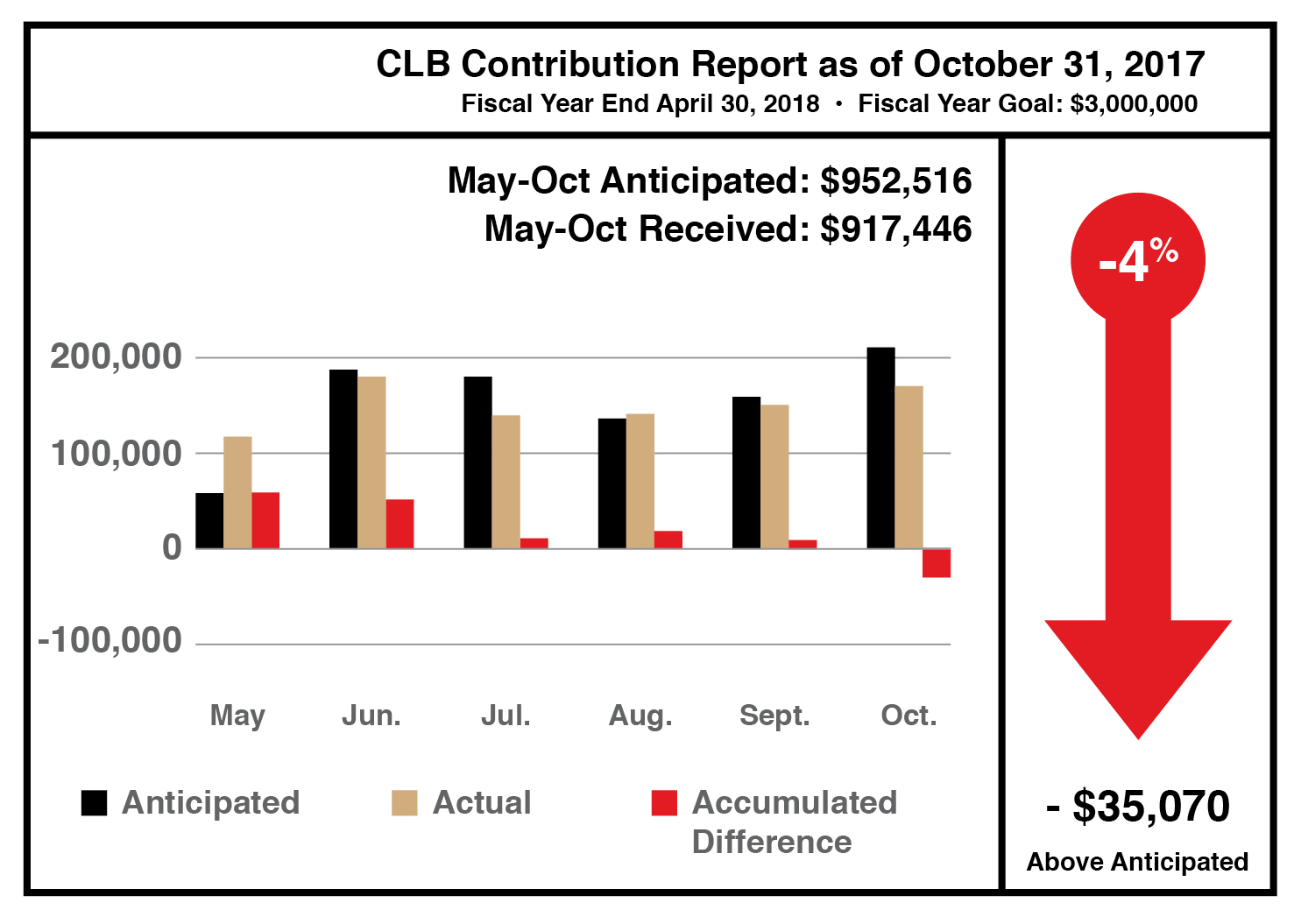
Why is the message of the cross such an affront to our old natures? Why is the world so antagonistic towards God’s offer of salvation? Why do some people believe that Christians are uninformed simpletons in need of rehabilitation? Why does Hollywood consistently belittle and deride Christian values? Why are Christians the most persecuted group on earth?
The Bible itself confirms that, to the world, the Gospel is foolish (1 Corinthians 1:18) and offensive (Galatians 5:11). This Gospel, the message of the cross, also seems to be foolish and offensive to many who call themselves Christian. How can that be? The answer lies in an understanding of the difference between the theology of the cross and a theology of glory.
A theology of glory could also be called a conditional theology. This theology is characterized by “if…, then…” statements. If I live a life pleasing to God, then God will love me more. If I give generously to others, God will give me more. If I am a Christian, then God will reward me materially and make my life easier. This theology can be characterized by the slogan, “God helps those who help themselves.” At its root, a theology of glory puts people at the center.
The theology of the cross is very different in that it is not conditional at all. This theology recognizes that Christ’s work on our behalf is finished and complete. We cannot add to it. This theology agrees with the Apostle Paul as he reminds us—those who have been saved by faith alone, through grace alone, and in Christ alone—that we should live transformed lives in view of God’s mercy to us through Christ Jesus. The transformed life is not conformed to the world’s way of thinking and acting. It is a life of trust in Christ, no matter the circumstance.
This life is antithetical to one lived according to a theology of glory. It accepts pain and suffering as part of the cross we bear for Christ’s sake. This life does not live for itself but for others, and takes no offense since it has no rights outside of Christ. This life loves others as Christ has loved him or her. It is concerned for the welfare of others. It recognizes that we are all dead in our trespasses and sins without the free gift offered by God through his Son. This life recognizes that it is powerless to do anything pleasing to God apart from the work of the Holy Spirit as he leads and guides through the Word. This life is one of repentance and the joy of forgiveness as we come to him with our sin and failures.
We should not be surprised that the world and many in the Church reject those who live in a theology of the cross. The theology of the cross contradicts everything they want to believe about the inherent goodness and capability of people to participate in some way in their own salvation.
Thank God he has accomplished it all for us! Thank God that he allows us to serve him by serving our neighbor. Thank God that he calls us through his Word and Spirit to live lives that are being transformed into the image of his Son (2 Corinthians 3:18), who lived and gave himself for all people.
Roy Heggland is Associate for Biblical Stewardship for the Church of the Lutheran Brethren.

